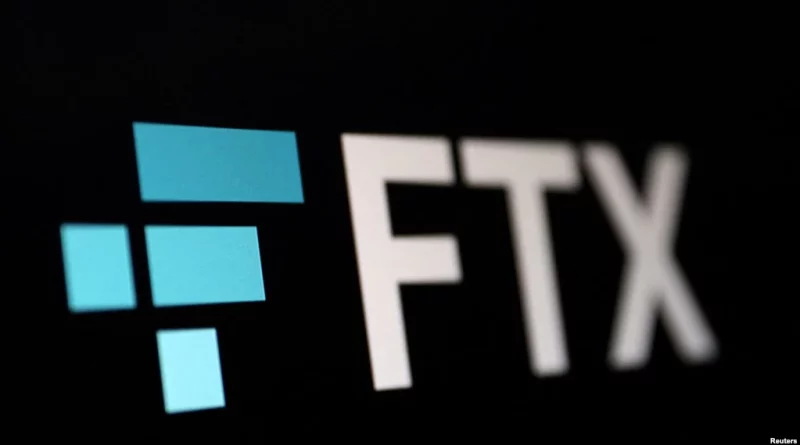Bankrupt cryptocurrency exchange FTX owes $3 billion to major creditors
Bankrupt cryptocurrency exchange FTX owes $3 billion to major creditors
The bankruptcy court said about $1 billion disappeared from FTX accounts. About $300 million more was invested by exchange founder Sam Bankman-Fried in real estate in the Bahamas. And several billion dollars he withdrew to his other company. FTX’s liabilities exceeded its assets when customers began withdrawing their money in droves. As the hearing went on, “FTX has a breakdown in corporate governance and a lack of reliable financial information.” And Bankman-Fried used disappearing messages in internal correspondence.
Chicago attorney Andrew Jack Van Singel turned out to be an FTX investor willy-nilly. He was investing in another exchange, Voyager. But Voyager drowned in debts, which FTX bought out. Andrew didn’t withdraw the money – after all, FTX is a household name, and its founder, 30-year-old billionaire Sam Bankman-Fried, was No. 41 on Forbes’ list of the richest Americans.
“From what I understand, this guy is in the Bahamas right now,” Van Singel shares with the Voice of America’s Russian service, “and people are angry. They don’t understand why he’s not being arrested. Millions of people like me realized that FTX wasn’t just mismanaged, but that there may have been fraud with customers’ money.”
FTX was issuing its own tokens. They are called FTT. It’s not cryptocurrency, but a kind of debenture: You invest in a company, you get a certain number of tokens. Only unlike the traditional market, the process is not controlled by the Federal Securities Commission.
Bankman-Fried had another company, Alameda Research. And almost half of its assets were in these very FTT tokens – essentially Freed’s promissory notes, secured only by customers’ faith in the investment potential of the tokens. CoinDesk wrote about it on Nov. 2. And rival Binance announced that it was going to sell half a billion in FTTs it had. FTT collapsed. Freed declared bankruptcy of the exchange.
Bankman-Fried himself did not deny in an interview with Bloomberg a year ago that he was building a pyramid scheme. And the U.S. Federal Securities and Exchange Commission was not obliged to interfere at all. The crypto market is outside its purview.
“The problem with crypto is,” says financial consultant Mikhail Pechersky, “that no one knows what it is at all. That is, on the one hand, it is a currency. On the other hand, there is no state which issued this currency. So it’s not a currency. Pretty much anyone can start their own cryptocurrency from nothing. And as long as there are people who believe in this cryptocurrency, it will have some value.”
FTX is the fourth crypto-bankruptcy this year. And given the amount of money revolving around the exchange, there are concerns about whether it will pull the entire industry down with it. But according to Vladimir Dashkeev, if there is a domino effect, it is unlikely to be of such a scale as to bring down an entire sector of the economy.
This, some experts believe, is one of the advantages of the fact that the crypto industry is not subject to state control. The real sector of the economy is hardly affected by digital shocks. They are two parallel worlds. Another question is who will protect the interests of ordinary investors? But they – like Andrew Jack Van Singel – willingly accept the rules of the game themselves.
“I always thought it was a risky investment,” Van Singel admits. – But that’s my strategy. The higher the risk, the less I invest. It’s a basic principle of investing.
